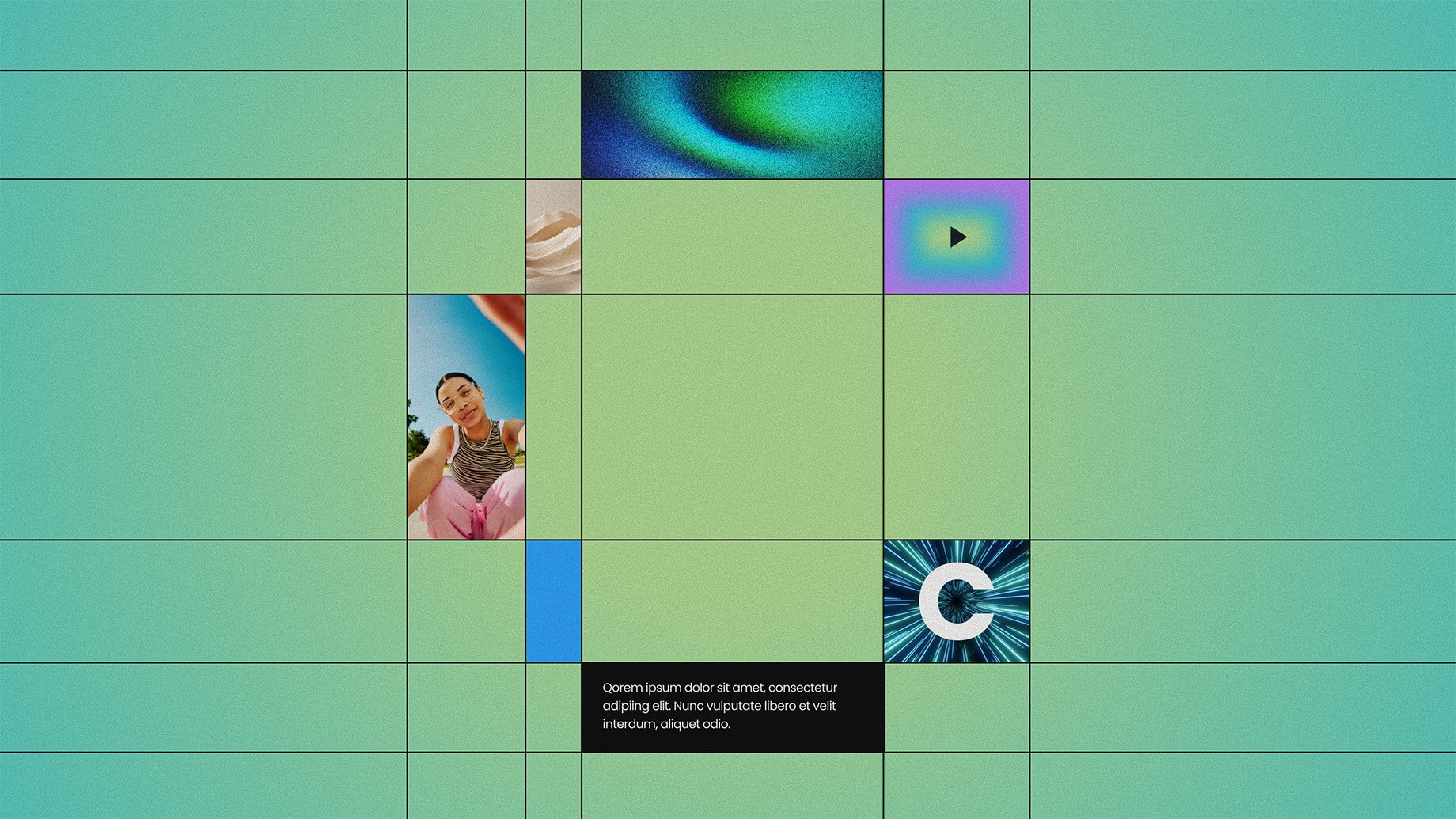What does E-E-A-T mean for SEO content?
Google is continually identifying ways to improve user experience, and a key part of this is to champion high-quality content.
As part of this, the Google Quality Rater Guidelines (also known as the Quality Evaluator Guidelines) are updated multiple times each year. These are often minor adjustments but can sometimes result in significant changes to how content creation should be approached.
In December 2022, Google made a notable change to its framework for assessing “the extent to which the page is accurate, honest, safe, and reliable” – commonly known as E-A-T. The acronym, which stands for Expertise, Authoritativeness and Trust, was updated with an additional “E”, denoting Experience.
The update indicates that demonstrating the content creator’s first-hand experience is now an important element of delivering high-quality page content. The rules are not universal and the recent changes are not dramatic, but they do reinforce the significance of building audience trust.
So, what is the intention behind these latest changes, how does E-E-A-T (sometimes known as “Double-E-A-T”) differ from E-A-T, and what impact will this change have on creating effective SEO-led content? Read on to find out everything you need to know.
How is page quality assessed?
It varies depending on the type of content, but for most pages, the quality of the main body content is assessed on the level of effort, originality, talent and skill that has gone into creating it, as well as the accuracy of the information provided:
- Effort: The extent of the human effort that went into creating the page. This could include translations, research or the creation of tools or other assets that allow the page to provide additional value.
- Originality: Pages should offer content that is not available on other sites. Try to provide unique insights by creating owned datasets or including specialist experiences.
- Talent or Skill: The level of talent and skill used to create a satisfying experience for visitors to the site will be considered.
Who created the content?
In the update, Google began referring to the reputation of the “website and/or content creators” – suggesting that in some circumstances the content creator will be considered as an individual, rather than focusing only on the site. This is, in part, to account for the increase in social media posts and discussions through platforms like Reddit, which frequently appear in SERPs (Search Engine Results Pages) and may provide high-quality answers to search queries.
Here’s who Google considers to be the content creator in different situations:
| Page type | Content creator |
| Home page/product pages | The website |
| Magazine articles, journal papers, opinion pieces | The people named as authors. This can be an organisation or group |
| Social media posts, Facebook local business profiles | The person that created the account and is posting |
| Group discussion (Reddit or message boards) | The individual posting |
Google is keen to differentiate between the site and the content creator as this allows for more focus to be given to reputation at a page level, ensuring advice or guidance is only provided on topics each individual content creator is knowledgeable on.
When creating content, we must ensure that the creator’s tone of voice is consistent with that established by the brand. Using the brand’s tone of voice allows for information to be shared in a way that is familiar to the audience, making it easy to follow and understand. Creating content that is entertaining, accessible and engaging will encourage users to read more, increasing their onsite dwell time and the chances of them sharing content with others.
What does Google consider to be quality content?
There are no universal rules for assessing page quality, as different types of content will garner different requirements and standards.
“Your money or your life” (YMYL) content, for example, refers to pages that could influence major decisions around someone’s health, wellbeing or financial situation. Because of the importance of this content, Google are stricter around the authority of content covering these topics to avoid pages providing incorrect information.
However, Google’s framework is still useful as a general guide when producing online content.
Pages will be considered high-quality if:
- Valuable experiences are demonstrated. A good example of this is forum discussions where people are sharing their experiences, from reviews to troubleshooting, in specific fields.
Indicators of very high-quality pages:
- Content produced by a website or content creator that is uniquely authoritative and is considered a go-to source for the topic will be very high-quality. Very high E-E-A-T websites and content creators are the most trusted sources on the internet for a particular topic.
Pages will be considered to be low quality if:
- The content creator lacks adequate experience or expertise
- The website or content creator is not an authoritative or trustworthy source for the topic
- The page or website is not trustworthy for its purpose.
So, is E-E-A-T a ranking factor?
No. While Google’s Quality Rater Guidelines are used to evaluate the quality of search results, E-E-A-T is not a ranking factor. However, the framework does provide us with insights into the sort of content that Google wants to prioritise. It should therefore be treated as an element that may influence performance, even though it is not an official part of Google’s machine learning algorithms – at least, not yet.
As important as page quality is, this must always be considered as part of a broader strategy. Because Google looks at far more than just page content, effective SEO must be multifaceted and requires the optimisation of three main components:
- Onsite SEO (content creation)
- Off-site SEO (link building)
- Technical SEO (site structure, speed, etc.)
What does this all mean for SEO content creation?
Working within the original E-A-T guidance will provide a good starting point for creating a positive user experience, as high-quality E-A-T pages should already demonstrate expertise, authority and trustworthiness.
In these cases, the most important change to meet E-E-A-T’s requirements is to ensure that the content creator has real-world experience with the specific topic they are writing about. This can be demonstrated using the following measures:
- Gaining mentions and backlinks from authoritative sources related to the topic being discussed
- Keeping existing content updated
- Commissioning expert content
- Verifying authors by linking to their own sites and social media to demonstrate their credentials.
Creating people-first content built around this core of real experience will result in a higher standard of content, as it is not only offering answers for basic queries but unique insights from an authoritative expert – something that competing pages may not be able to provide. Simply paraphrasing existing content will not be enough to provide the user experience that Google is looking for. Neither will implementing E-E-A-T guidance alone – it should be considered an update to your existing SEO strategy rather than a standalone solution.
If you are creating YMYL content, it is vital that the creator’s authority to speak on the topic is made very clear. If your YMYL content meets E-E-A-T requirements and provides expert information, it will be considered high quality. However, if it fails to demonstrate the first-hand experience of their content creator, it will automatically be considered untrustworthy.
What changes can be expected in the future?
E-E-A-T is the latest step towards improving the validity of information provided in SERPs, but Google is not stopping there. Another consideration for content creation in 2023 is the possible impact caused by increased implementation of Google’s MUM algorithm.
Short for Multitask Unified Model, MUM’s rollout began in May 2021 and uses AI and neural understanding to collect information in a range of media formats, meaning that it will soon be common for multimedia content on pages to be crawled in the same way as plain text.
The broader implementation of this technology is likely to fundamentally reinvent how the authority and the trust of a source are determined, but the speed and extent of any implementation is yet to have been confirmed.
How does E-E-A-T fit into a wider SEO strategy?
Meeting the demands of E-E-A-T is a good way to deliver a positive user experience and the framework offers helpful clues into Google’s general approach to page content assessment. However, considerations like link building and technical SEO remain essential for achieving high-ranking content. Without a holistic organic search strategy, your content – no matter how strictly it adheres to the Quality Rate Guidelines – is unlikely to rank to its potential.
Contact us to find out how Gravity Global can help you to achieve your organic search performance goals.


